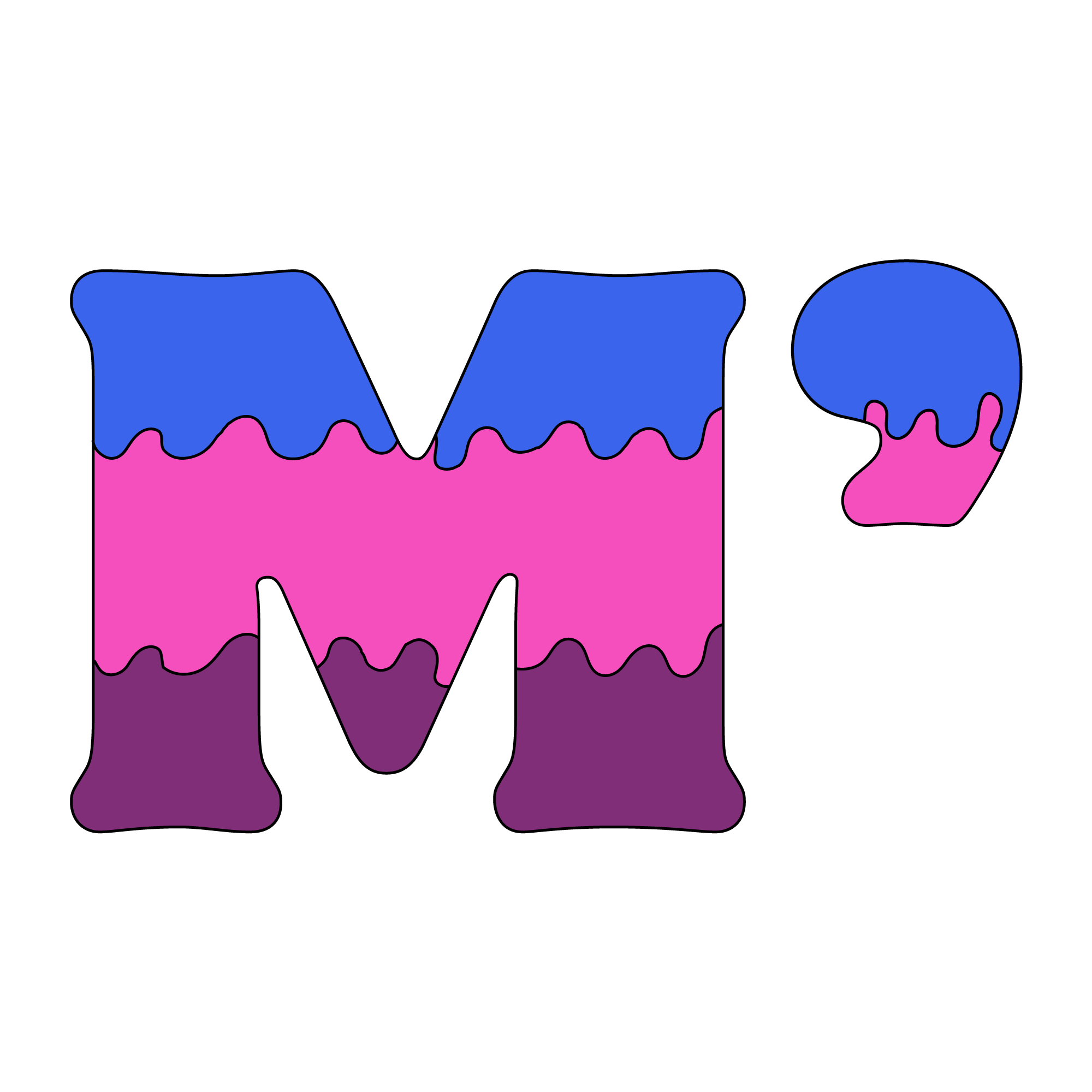
Source: https://www.aol.com/joe-biden-very-open-minded-231612888.html
In a recent revelation, Frank Biden, the youngest brother of President Joe Biden, shared the President’s open-minded stance towards the potential therapeutic use of psychedelic drugs. This dialogue unfolded on SiriusXM’s The Michael Smerconish Program, where Frank expressed his curiosity stemmed from personal battles with alcoholism and subsequent discussions with the President on the psychedelic discourse1.
The conversation around psychedelics isn’t alien to the socio-political arena, but having a nod from the President could significantly shift the narrative. Joe Biden’s open-mindedness, as per Frank, isn’t just a personal opinion but potentially a reflection of a broader shift in consciousness that’s needed to address addiction and mental health issues at large. Moreover, it’s a call for unity, an acknowledgment of shared human experience, transcending political and social boundaries.
Research around psychedelics, especially psilocybin found in mushrooms and MDMA, has been burgeoning, shedding light on their potential to treat PTSD, depression, and addiction. This sentiment isn’t solitary; it’s echoed by various federal agencies. Under Biden’s administration, the National Institutes of Health among other agencies have funded studies on psychedelic medicines. Even the US Department of Health and Human Services acknowledges the need to explore psychedelic therapies further, anticipating the approval of MDMA and psilocybin in the near future1.
The path isn’t without hurdles. While some states like Oregon have liberalized their stance towards psychedelics, others and some professional associations remain cautious. The American Psychiatric Association, for instance, hasn’t endorsed psilocybin for mental health treatment yet. However, the dialogue is advancing, with the Department of Veterans Affairs initiating trials to meld psychedelics with psychotherapy for treating PTSD1.
Moreover, the Food and Drug Administration’s certification of MDMA and psilocybin as “breakthrough therapies” for PTSD and depression in 2017 and 2018 signifies a federal acknowledgment of the potential these substances hold. It’s a testament to the promising initial results these substances have shown compared to standard treatments1.
This openness towards psychedelics isn’t merely a narrative of exploring alternative therapies; it’s a manifestation of a more empathetic, human-centered approach towards mental health and addiction. It transcends the conventional boundaries of political discourse, nudging towards a more holistic, inclusive dialogue around health and well-being.
As Frank Biden puts it, it’s about nurturing a consciousness that unites us in addressing the core issues of addiction and mental health. The question now reverberates beyond the political corridors: Is the US ready for this paradigm shift? Only time, research, and an open societal dialogue will unravel the answers.
